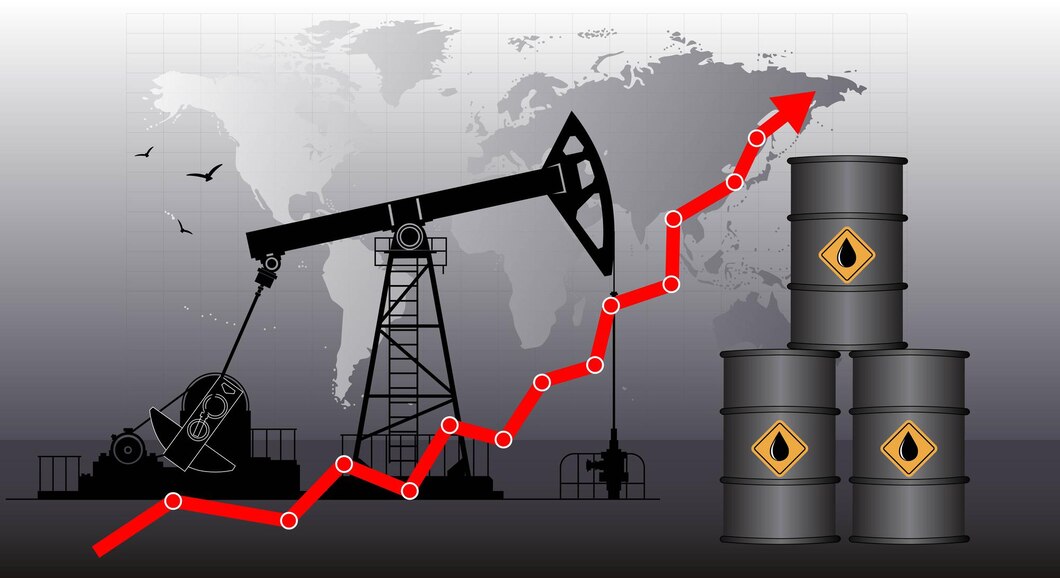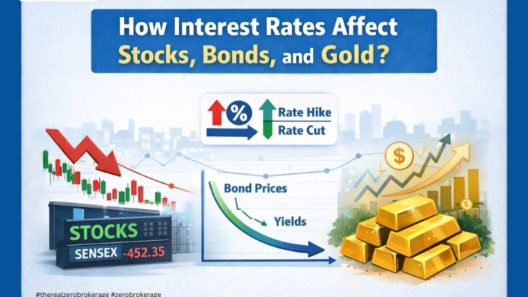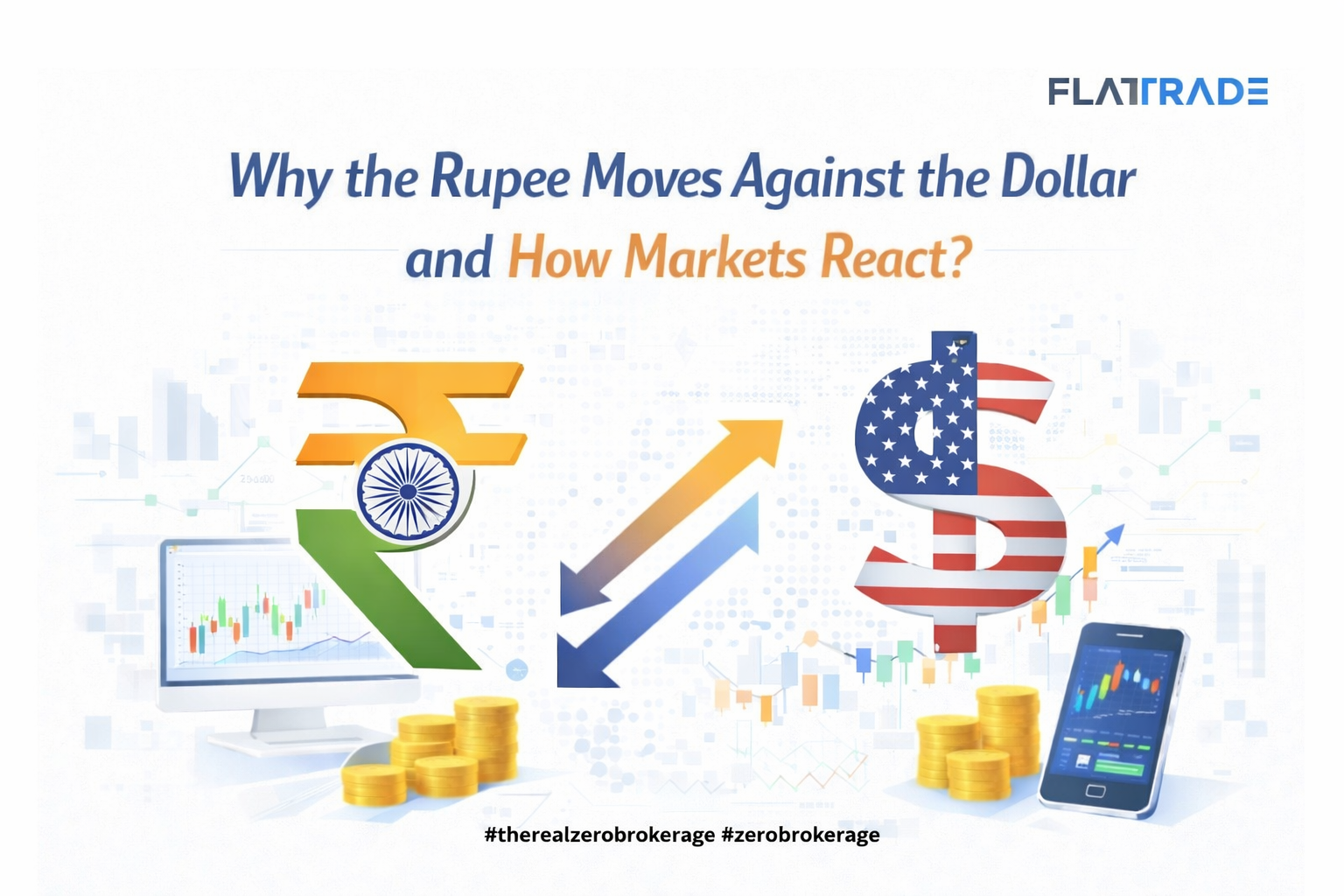Market Opening - An Overview
Crude oil prices recently touched $95 per barrel and higher crude oil prices is expected to push India’s wholesale inflation to rise to 3% in the third quarter of the current fiscal and to 3.7% in the last fiscal of FY24, compared to its earlier forecast of 2.1% and 2.6%, respectively, according to India Ratings and Research (Ind-Ra). The higher crude prices is also expected to India’s current account deficit (CAD) in the current fiscal.
Further, retail inflation is also expected to increase to 5.9%-6.1% in 3QFY24 and 5.3%-5.5% in 4QFY24 from the rating agency’s earlier forecast of 5.8% and 5.1%, respectively. This is because Ind-Ra has revised the cost of Indian oil basket for 2HFY24 to USD 94.50 per barrel from earlier cost of USD 87.80 per barrel.
The rating agency said that a 1% increase in the cost of Indian oil basket will push the retail inflation up by 4 basis points if the pass-through is full (case 1) and two basis points if the pass-through is 50% (case 2). Ind-Ra added that its FY24 estimates for retail inflation is 5.5% and wholesale inflation is 1%.
Ind-Ra further estimated that in case the average price of the Indian oil basket rises to USD 94.50 per barrel in the second half of the fiscal year 2024, the average retail inflation for the full fiscal year 2024 would rise to 5.7% under first case, and to 5.6% in the second case.
Ind-Ra noted that after the Russia-Ukraine conflict, the three public sector oil manufacturing companies – IOCL, BPCL and HPCL – had incurred an aggregate EBITDA loss of Rs 129.1 billion in the first quarter of FY23 as the three companies did not raise the retail prices of petrol and diesel April 2022 onwards. Subsequently, when oil prices started falling since August 2022, the three public sector companies maintained a status quo and did not decrease retail prices of petrol and diesel. With this decision, the three oil manufacturing companies was able to post profits, and the aggregate EBITDA increased to Rs 491.5 billion in Q1FY24. The rating agency believed that, going forward, any increase in the retail price of diesel or petrol will be shared by consumers, government and OMCs.
Moreover, the wholesale inflation will be impacted more than retail inflation due to the increase in the cost of Indian oil basket, according to Ind-Ra. This is because of higher weightage of mineral oils and petroleum products in the wholesale index. An increase of 1% in the cost of Indian oil basket increases the wholesale inflation by 10 basis points.
The rating agency also opined that an increase in global oil prices would put pressure on input costs and/or profit margins for various industries. Nevertheless, retail inflation, which serves as the primary gauge for India’s monetary policy, is not expected to be substantially affected by the volatility in global oil prices. Consequently, Ind-Ra anticipates that the Reserve Bank of India will likely maintain its current policy stance and repo rate throughout the remainder of FY24.
Ind-Ra observed that the other macro variables that will be directly impacted by the fluctuation in global oil prices are merchandise trade and current account. Ind-Ra’s calculation showed that the cost of Indian oil basket to inch up to USD 95 per barrel by December 2023 and remain at that level till FYE24, the trade deficit is expected to increase by USD 3.42 billion and the the current account deficit will jump to 1.42% of GDP in FY24 compared to the present forecast of 1.32%.







